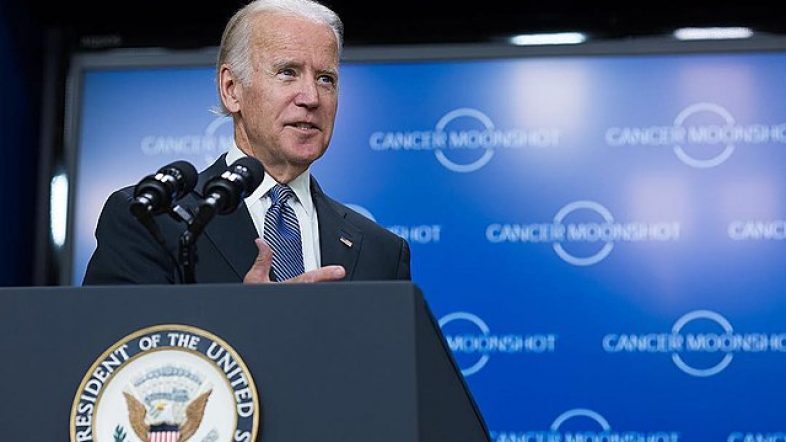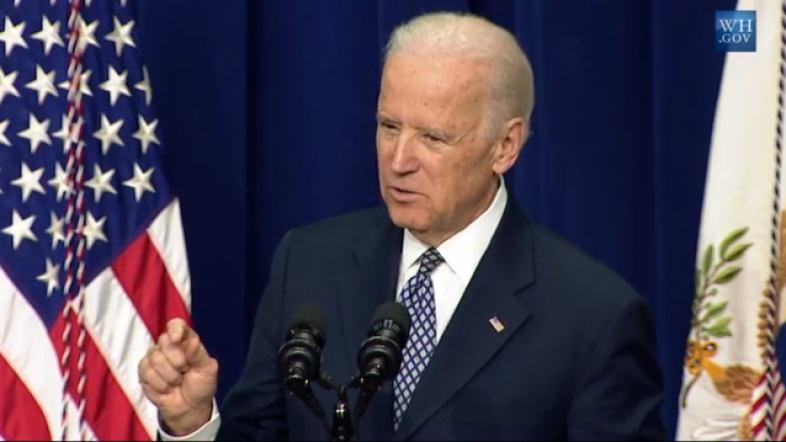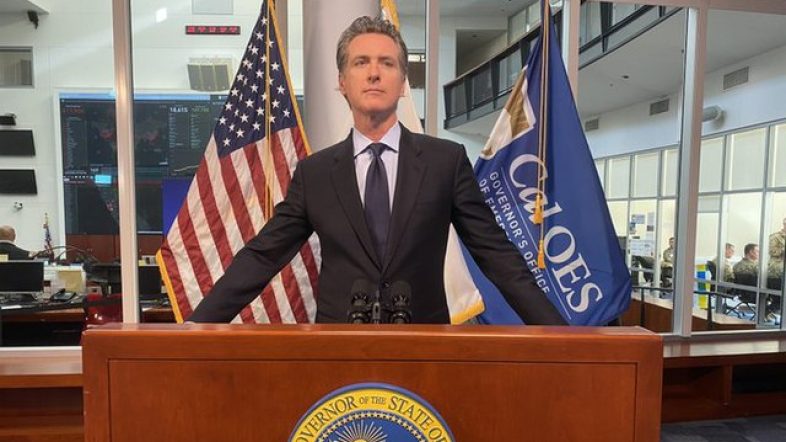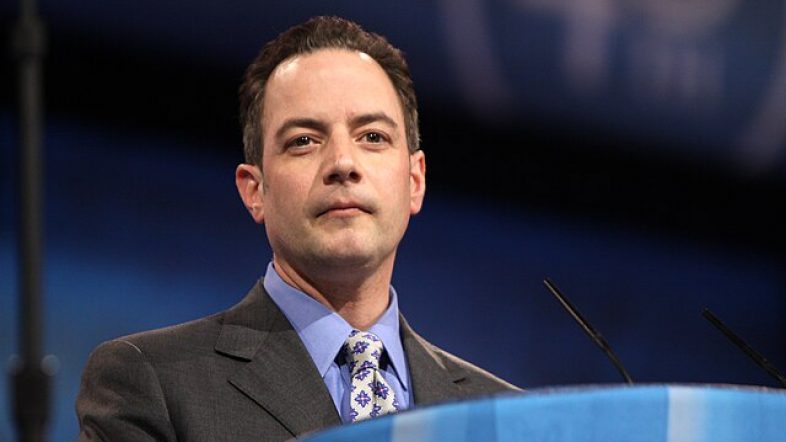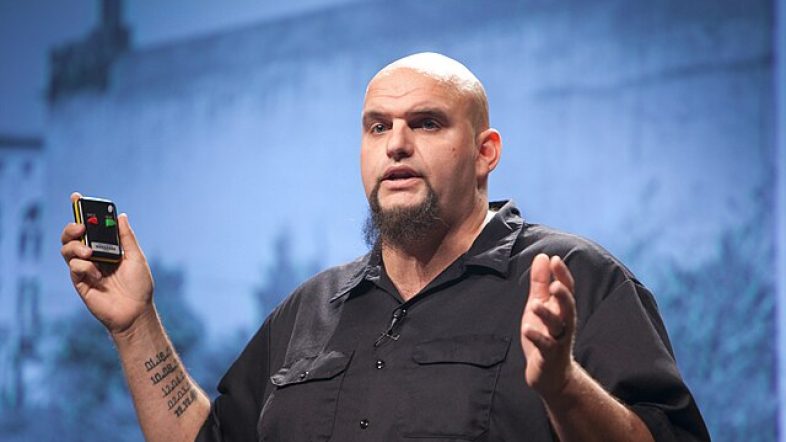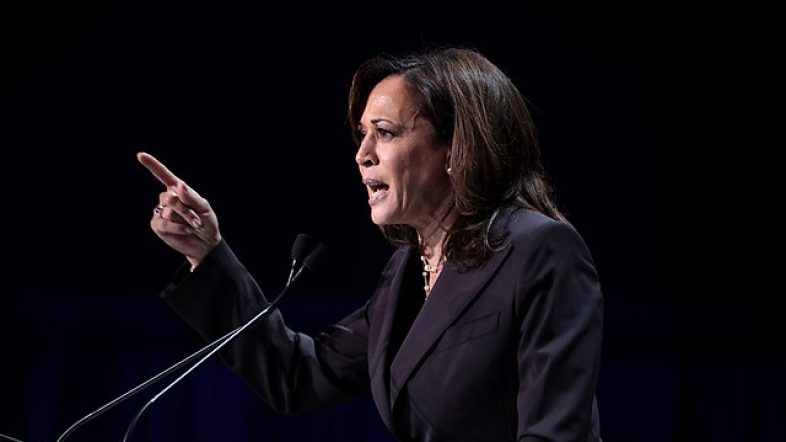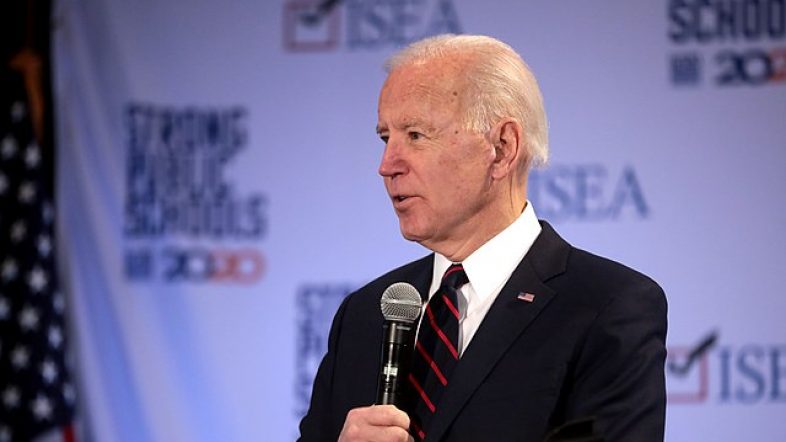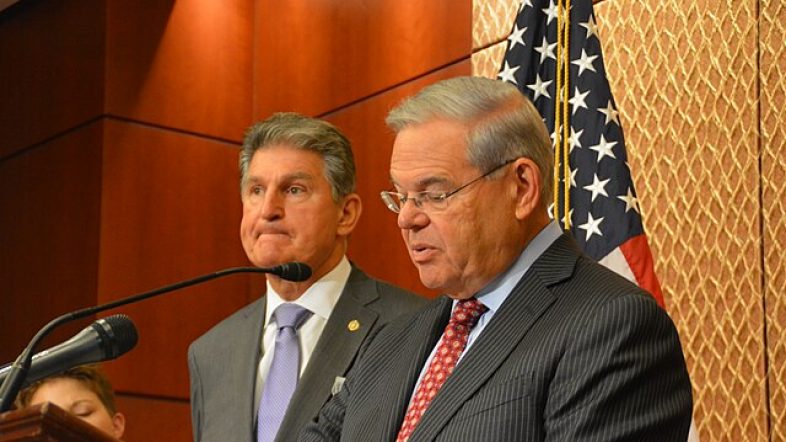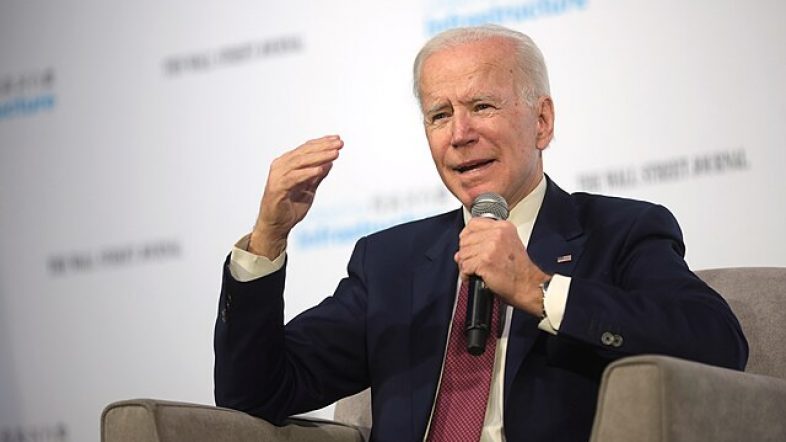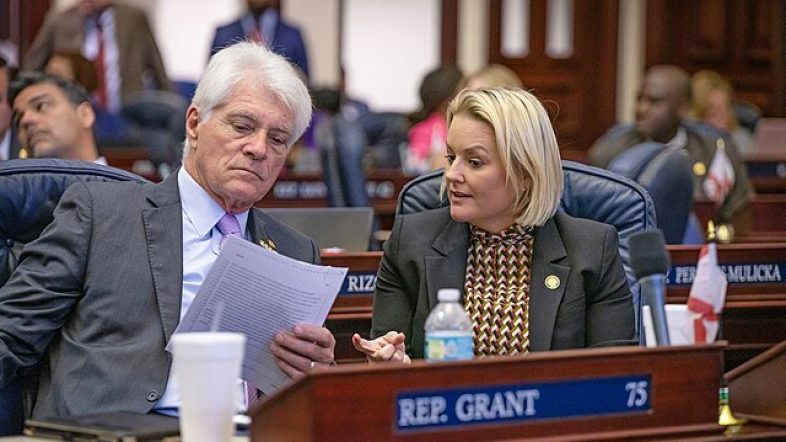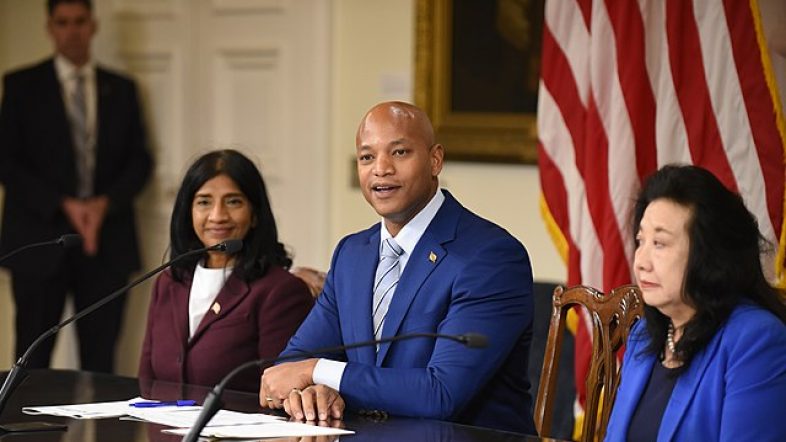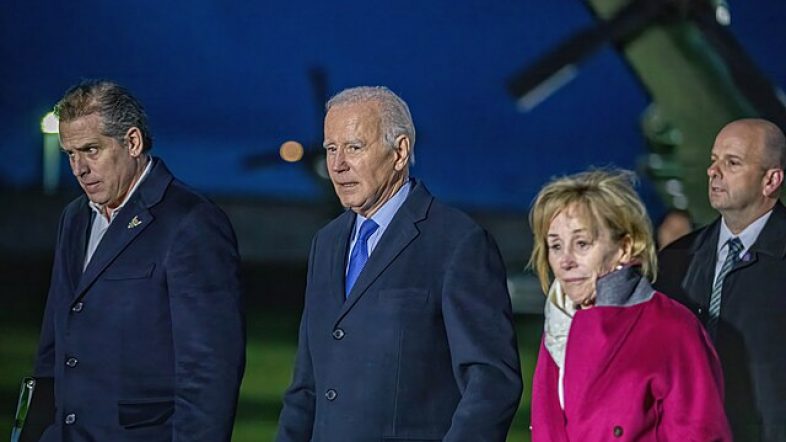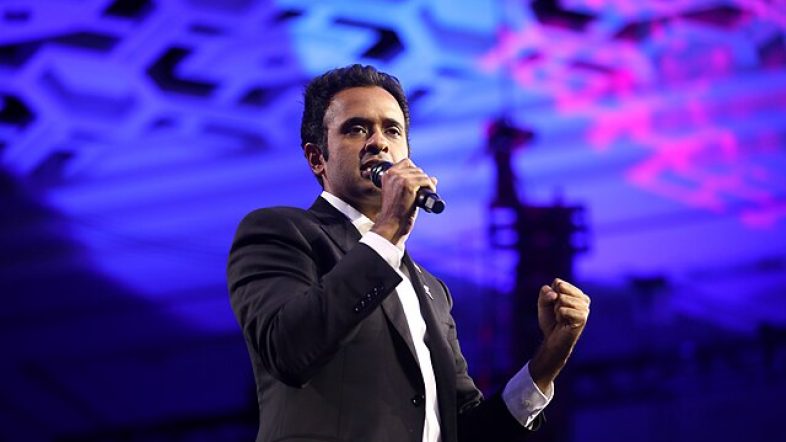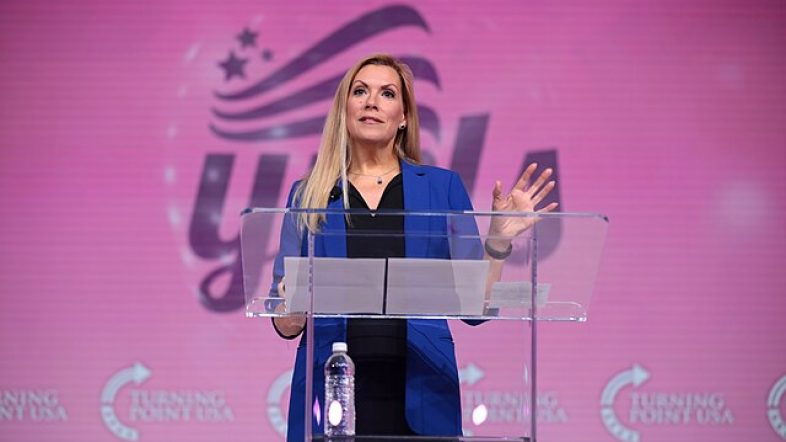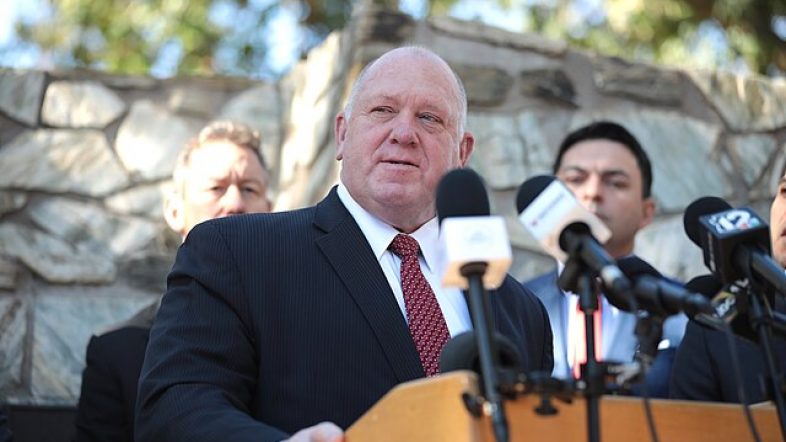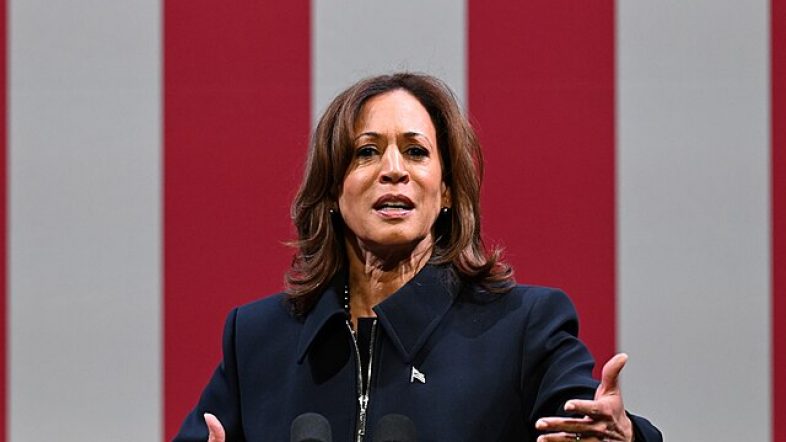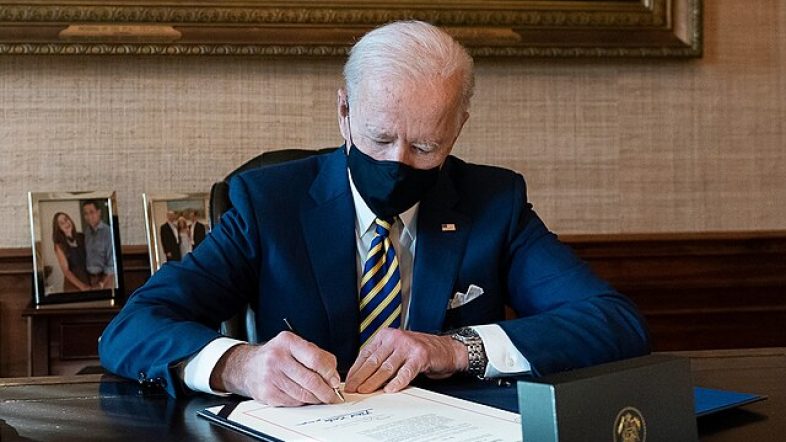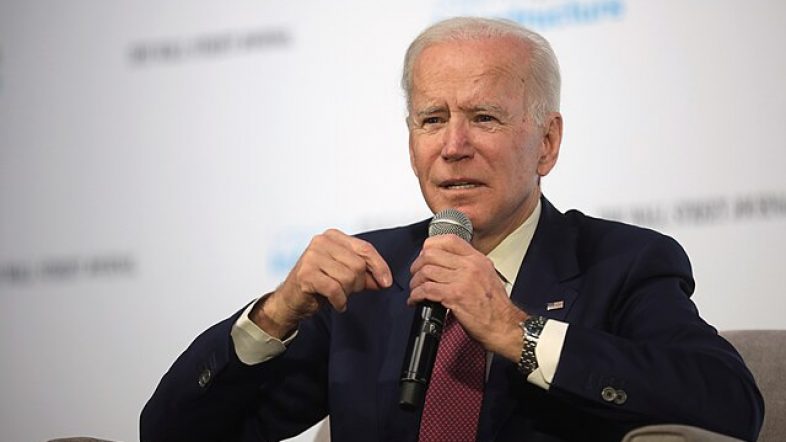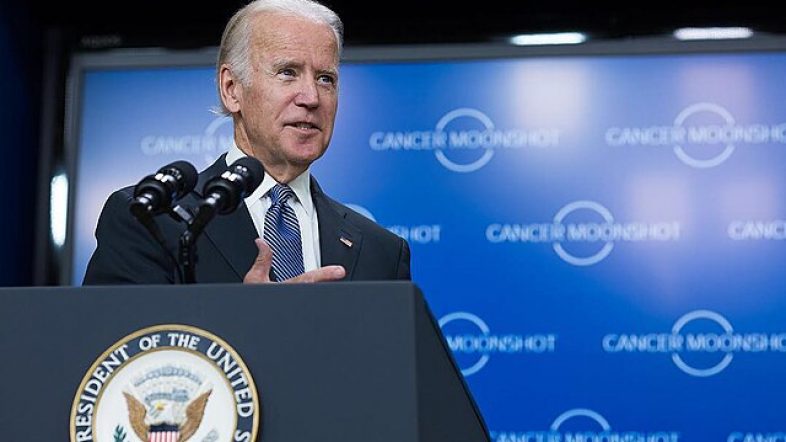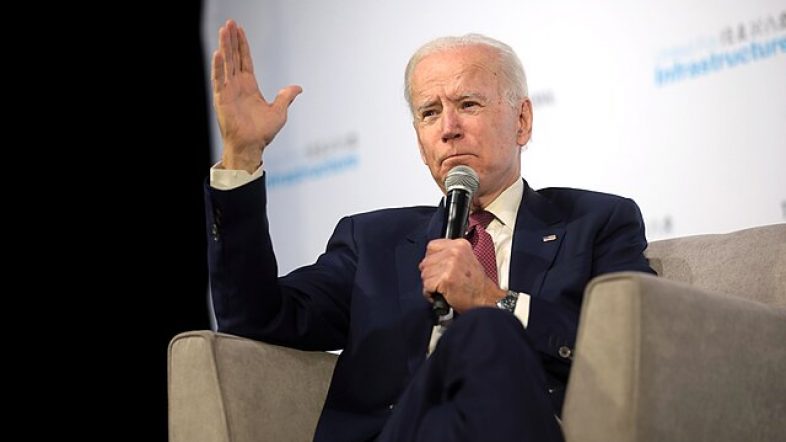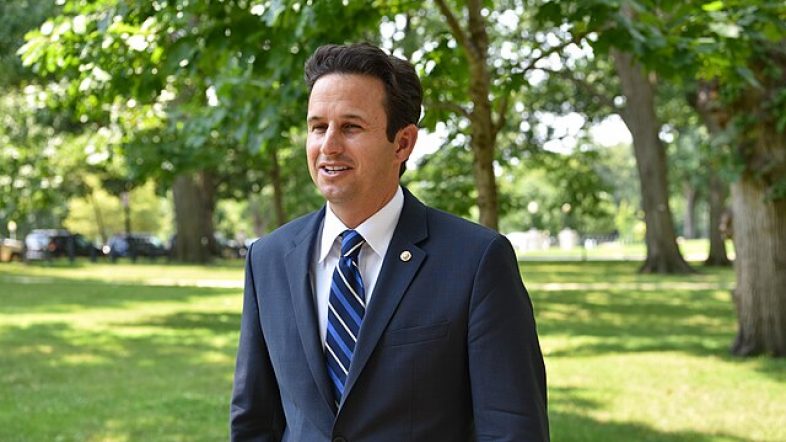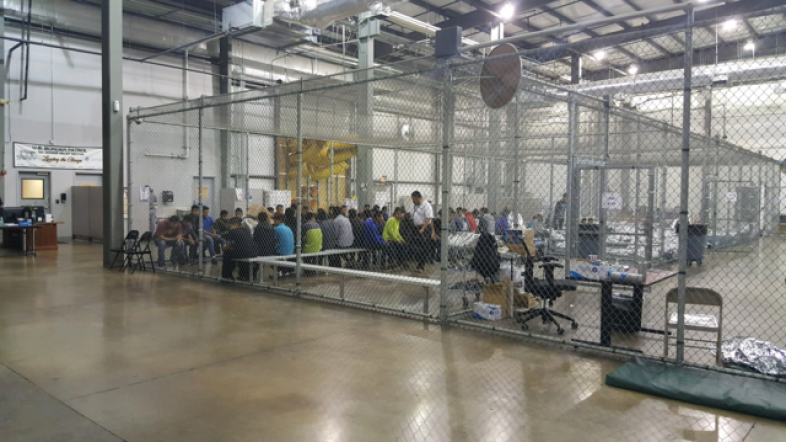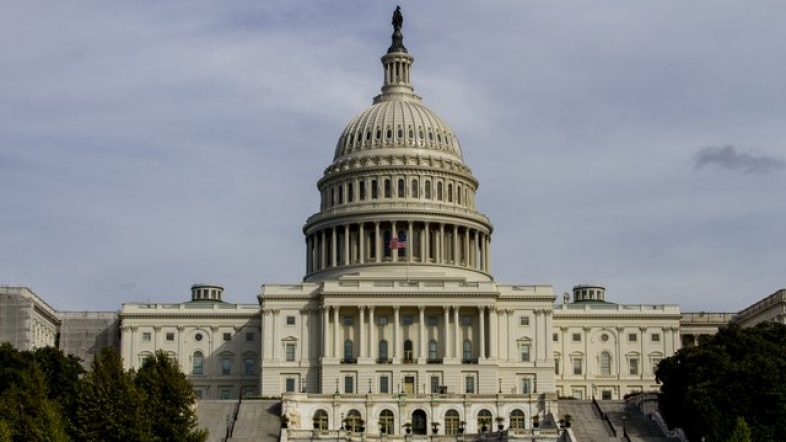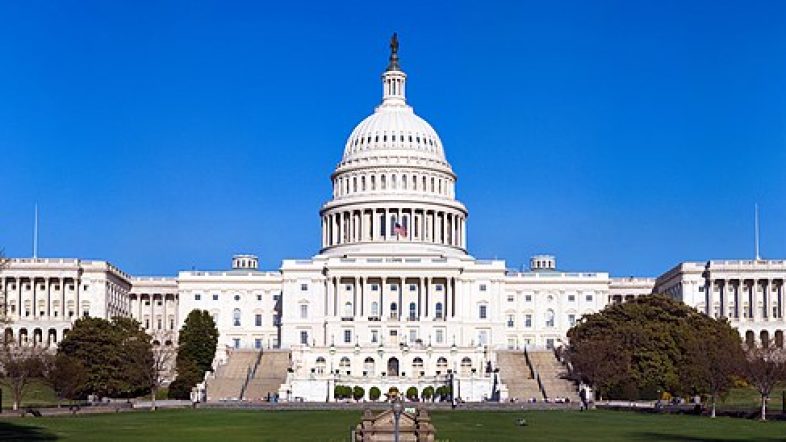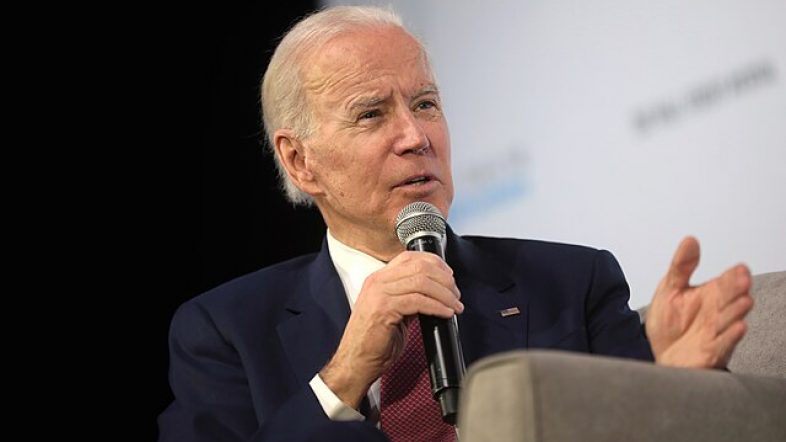The Biden administration ignored states’ rights to signal its “extreme” position on abortion when it filed a lawsuit challenging Idaho’s pro-life law, the state’s Attorney General Raúl Labrador told the Daily Caller News Foundation ahead of oral arguments at the Supreme Court next week.
The Biden Department of Justice (DOJ) sued Idaho in August 2022, shortly after the Supreme Court overturned Roe v. Wade and kicked the decision on abortion back to the states. It argued that Idaho’s Defense of Life Act prevents emergency room doctors from performing abortions it claims are required under the federal Emergency Medical Treatment and Labor Act’s (EMTALA) definition of emergency “stabilizing care.”
Now, the Supreme Court is tasked with resolving the alleged tension between state and federal law.
“EMTALA is actually a life affirming statute that says that doctors in emergency situations have to provide treatment to both pregnant women and unborn children,” Labrador told the DCNF. “They’re manipulating EMTALA because they’re looking for a way to tell their base that they’re fighting on all fronts on abortion.”
Idaho’s case is one of two this term — the other being doctors’ challenge to U.S. Food and Drug Administration rolling back safety regulations on the abortion pill — that forces the justices to again weigh in on the contentious abortion issue just two years after issuing their consequential Dobbs v. Women’s Health Organization ruling.
Idaho passed its Defense of Life Act in 2020 as a trigger ban that would take effect should the Supreme Court overturn Roe v. Wade. The Supreme Court’s decision in 2022 paved the way for it to take effect. The law bans abortions except when necessary to save the life of the mother and in cases of rape or incest.
The Biden administration argues that in some scenarios the Defense of Life Act is preempted by the EMTALA.
“In some tragic cases, the required stabilizing care — the only treatment that can save the woman’s life or prevent grave harm to her health — involves terminating the pregnancy,” the government’s brief states. “[A] handful of States, including Idaho, have prohibited such care even in the emergency circumstances where EMTALA requires it.”
Idaho’s legislature argues there is no conflict between Idaho’s law and EMTALA, which it held “provides certain procedures that hospitals must follow but does not set standards of care or specifically mandate that certain procedures, such as abortion, be offered.”
“To read EMTALA to require a specific method of treatment, such as abortion, pushes the statute far beyond its original purpose, and therefore is not a ground to disrupt Idaho’s historic police powers,” the legislature argued in court filings.
The Ninth Circuit initially paused on Sept. 28, 2023 an injunction issued by a district court judge that partially blocked Idaho’s law. But days later, on Oct. 10, 2023, it vacated that decision and said it would reconsider the matter before the full court.
The Supreme Court agreed in January to pause the lower court’s injunction, letting the law to stay in effect, and to take up the case.
While it’s never certain how the court will rule, Labrador said it is “a little bit telling” that the Supreme Court paused the injunction against Idaho’s law. Idaho has the “right to to speak through its elected officials,” he said.
“The Supreme Court made it clear that it was up to the states to decide how to deal with abortion laws,” he said.
“I think it’s a significant case,” Labrador said. “It will be the federal government trying to interfere with states and the way that they want to pass law through their duly elected representatives.”


